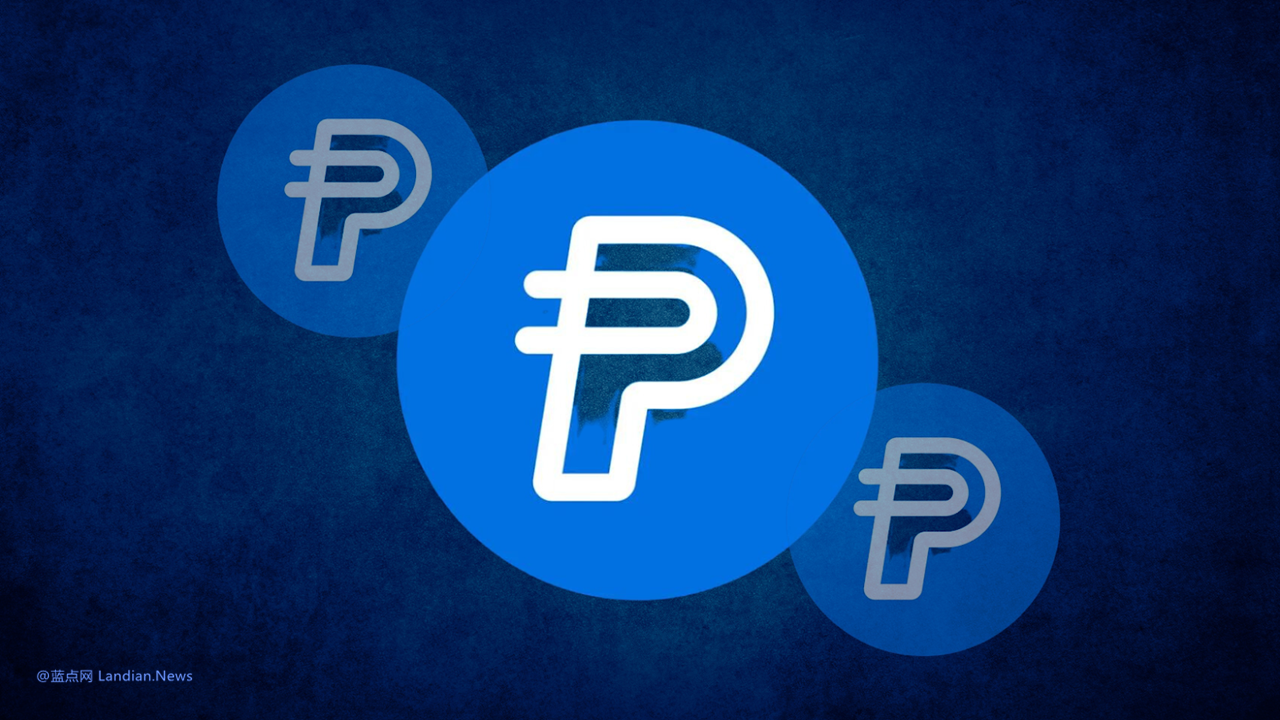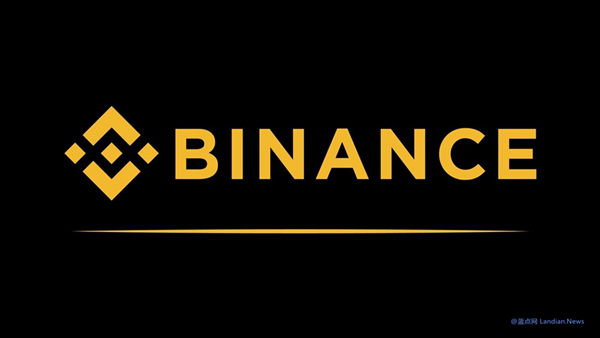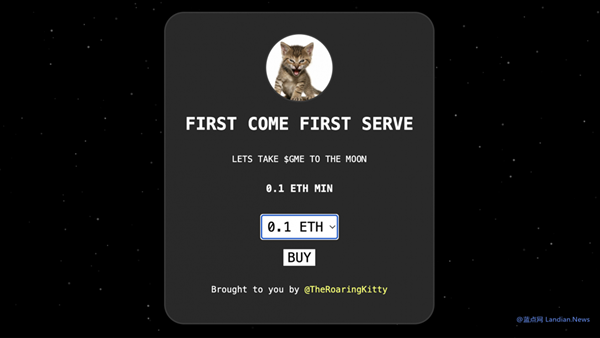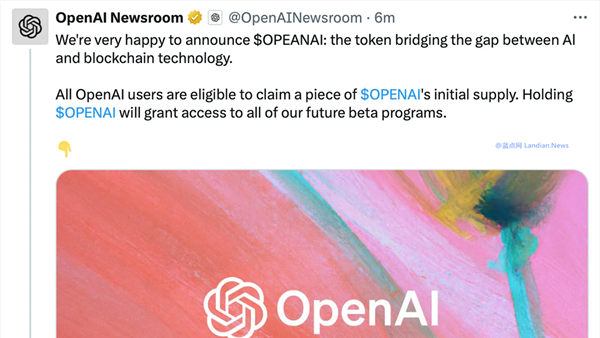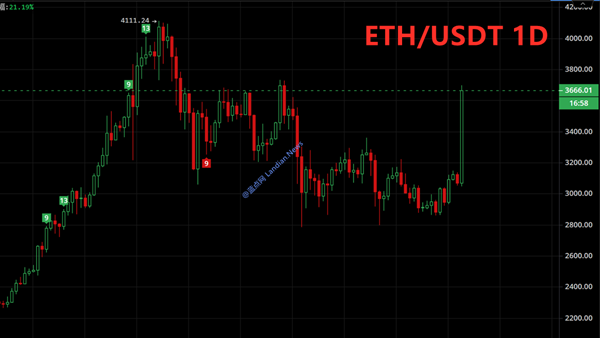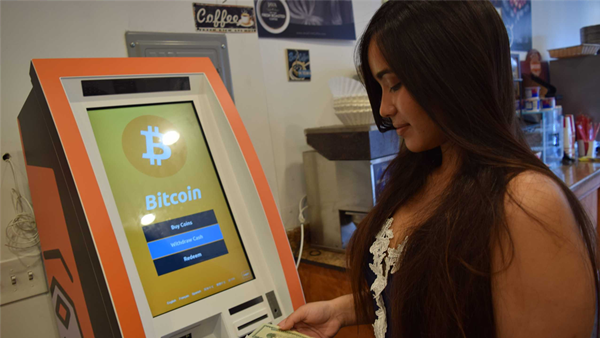PayPal's US Dollar Stablecoin PYUSD Lands on the Solana Blockchain, Supporting Token Extensions and More
In August 2023, financial payment giant PayPal launched its own US dollar stablecoin, PYUSD. This stablecoin serves as a bridge between PayPal's wallet and cryptocurrencies, aiding users in swiftly purchasing cryptocurrencies with fiat currency or converting cryptocurrencies back into fiat.
Initially, PYUSD was issued exclusively on the Ethereum blockchain, fully backed by US dollar deposits held by PayPal. The actual issuer was PayPal’s partner, Paxos Trust Company, a regulated provider of blockchain infrastructure.
This week, PayPal announced that PYUSD has been introduced to the Solana blockchain. Leveraging SOL's robust and flexible network, PYUSD not only offers rapid transfer capabilities but also utilizes Solana's token extension standards, enhancing privacy for merchant transactions.
This development positions PYUSD as one of the few compliant, programmable crypto stablecoins, likely to encourage its usage, as opposed to its relatively low activity level on Ethereum.
Currently, there are only more than 8,600 investors holding PYUSD on the entire Ethereum chain, with a total market value of US$400 million, which is very low compared to USDT's US$100 billion and Circle's US$25 billion.
The relatively slow transfer speed of PYUSD on Ethereum and the not-insignificant base transaction fees of the Ethereum blockchain may be factors limiting PYUSD's adoption.
With the addition of the Solana blockchain, PYUSD's transfer speed can be accelerated, and transaction costs can be reduced. If PayPal can also secure PYUSD support from more cryptocurrency exchanges, there is still hope for PYUSD’s widespread adoption.
